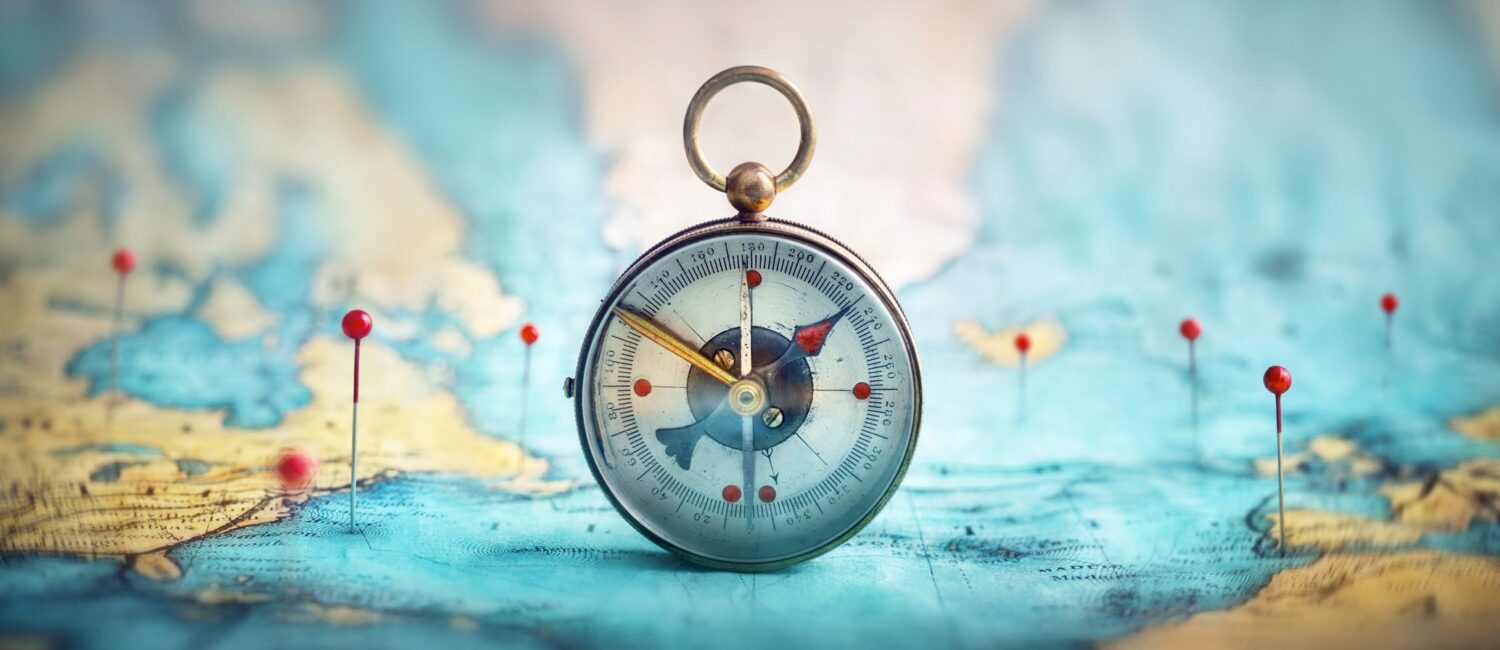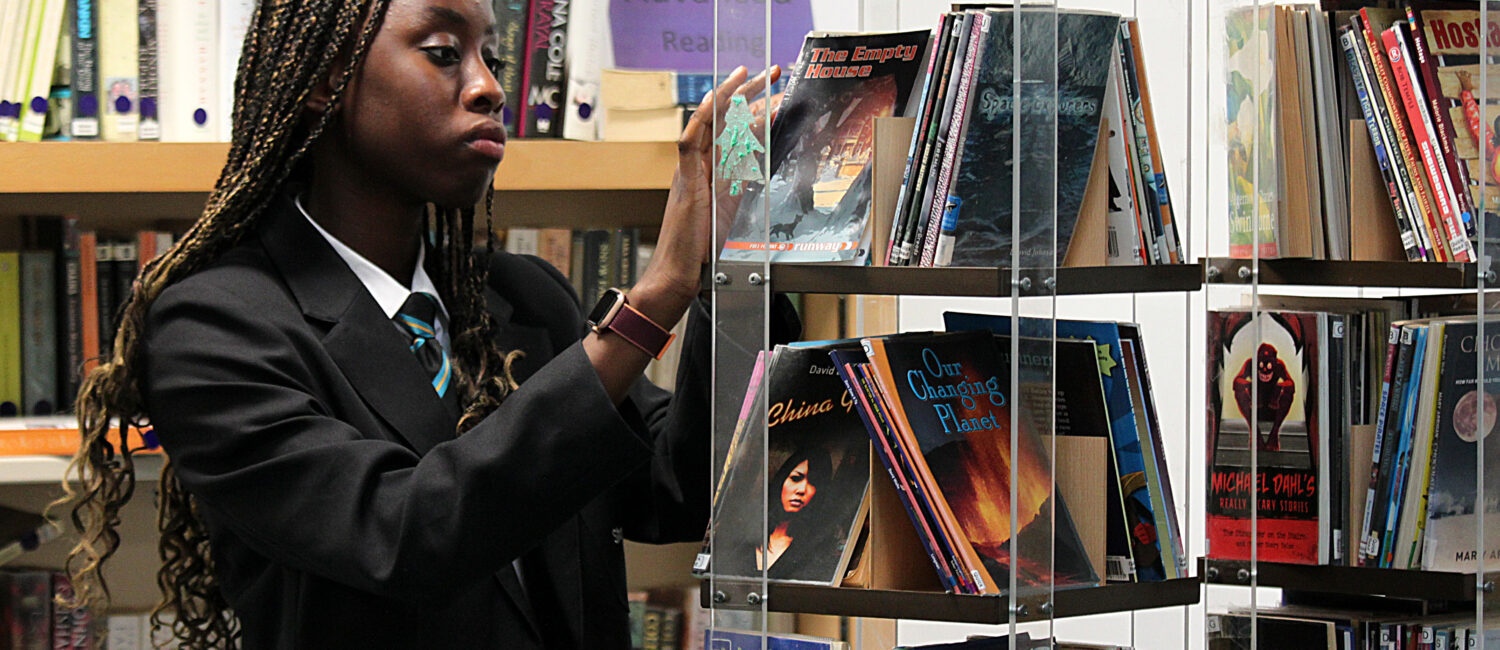Geography
Intent
“Geography prepares young people with the knowledge, skills and understanding to make sense of their world and to face the challenges that will shape our societies and environments at the local, national and global scales.” Dr Rita Gardner, Director, RGS-IBG quoted in A Different View (GA, 2009).
Throughout the study of Geography at Stowmarket High School we aim to:
- Provide students with the means to think about the world in new ways
- Provide students with the geographical knowledge they need to understand the contemporary challenges facing our planet and to live their lives as knowledgeable citizens
- Provide students with the means and necessary knowledge to question information and argue their point of view
- Expose students to geographical enquiry which will allow them to deepen their conceptual understanding through interpreting data and undertaking fieldwork.
- Through our rich and varied curriculum at Key Stage 3 we hope that as many students as possible continue their study of Geography into Key Stage 4. Students are given 3 hours of Geography study per fortnight at KS3 and 5 hours per week at KS4. Geography at KS3 is taught as is taught following the Hodder Progress in Geography series (Second edition).
- The three aspects of pupil achievement for Progress in Geography and the National Curriculum are:
- World knowledge of locations, places, and geographical features
- Geographical understanding of the big ideas and concepts of geography: Place, Space, Scale, the Earth’s systems, Human processes of economy, development, population, sustainability; and how these ideas are all interconnected and interact to create geographical features, distribution patterns, and changes over time and space.
- Application of geographical skills and geographical enquiry, answering questions by observing, collecting, analysing, evaluating geographical data to reach judgements, decisions and conclusions, communicating ideas using a wide range of geographical terminology.
- At KS4 the students will study topics from both humans and physical Geography using the Edexcel B (2016) syllabus.
- All these studies are complimented with fieldwork which is an essential aspect of Geography. This ensures that young people are given the opportunity to consolidate and extend their achievement by relating learning to real experiences of the world. In year 10 we have established good links with the Suffolk Fieldwork Academy based in Southwold to complete the required physical fieldwork on coastal erosion. We then visit Ipswich in the Autumn of year 11 to complete an urban environmental assessment.
Key Stage 3
The Progress in Geography units are mapped to the National Curriculum, through three progression strands:
- World locational knowledge
- Geographical understanding
- Geographical skills
These are directly linked to the GCSE assessment objectives.
| Year 7 Geography | Topics Covered: |
| Autumn | Orienteering/What is a geographer?How do we use our planet as a natural resource? |
| Spring | What is an economy, from local to global?What is weather and climate? |
| Summer | Is the geography of Russia a curse or a benefit?Fieldwork |
| Year 8 Geography | Topics Covered: |
| Autumn | Why do we need to understand how the Earth works?Why are rivers important? |
| Spring | What is development?One planet, many people: how are populations changing? |
| Summer | What happens where the land meets the sea?Why do people move and what impact does this have? |
| Year 9 Geography | Topics Covered: |
| Autumn | Why do people move and what impact does this have?Diverse and dynamic: how is Asia transforming? |
| Spring | Why do we need to understand why volcanoes and earthquakes occur?What are the challenges and opportunities for countries in Africa? |
| Summer | Are disasters natural?Fieldwork |
Key Stage 4
GCSE geography gives students the opportunity to understand more about the world, the challenges it faces and their place within it. This GCSE course will deepen understanding of geographical processes, illuminate the impact of change and of complex people-environment interactions, highlight the dynamic links and interrelationships between places and environments at different scales, and develop students’ competence in using a wide range of geographical investigative skills and approaches. Geography enables young people to become globally and environmentally informed and thoughtful, enquiring citizens.
Topic 1: Hazardous Earth – an understanding of the global circulation of the atmosphere and changing climate. Plus, two in-depth studies of extreme weather hazard (tropical cyclones) and tectonic hazards at contrasting locations.
Topic 2: Development dynamics – an understanding of the scale of global inequality. Plus, a depth study of how one emerging country is developing and the consequences for people, environment and the country’s relationship with the wider world
Topic 3: Challenges of an urbanising world – an overview of the causes and challenges of rapid urbanisation across the world. Plus, one depth study of a megacity* in a developing or emerging country.
Topic 4: The UK’s evolving physical landscape – an overview of the varied physical landscapes in the UK resulting from geology, geomorphic processes and human activity over time. Plus, two depth studies of distinctive landscapes – Coastal change and conflict and River processes and pressures
Topic 5: The UK’s evolving human landscape – an overview of the changing and varied human landscape of the UK, including the socio-economic and political processes that influence it. Plus, a case study of a major UK city – Dynamic UK cities.
Topic 6: Geographical investigations – two investigations, including fieldwork and research, carried out in contrasting environments, one from ‘Coastal change and conflict’ or ‘River processes and pressures’ and one of either ‘Dynamic urban areas’ or ‘Changing rural areas’.
Topic 7: People and the biosphere – an overview of the global distribution and characteristics of large-scale ecosystems, why the biosphere is important to human wellbeing and how humans use and modify it to obtain resources.
Topic 8: Forests under threat – a detailed study of tropical rainforests and the taiga, looking at processes and interactions and issues related to their biodiversity and to their sustainable use and management Topic 9: Consuming energy resources – a study of renewable and non-renewable energy, its supply and demand, access and energy security issues, its sustainable use and management
Useful Links
| Title | URL (link) |
| GCSE Bitesize | https://www.bbc.co.uk/bitesize/examspecs/zkwsjhv |
| Our world in data | https://ourworldindata.org/latest |
| Population Pyramids | https://www.populationpyramid.net/ |
| Notes/flashcards for the course | https://www.physicsandmathstutor.com/geography-revision/gcse-edexcel-b/ |
Specifications
| Title | URL (link) |
| Edexcel Geography B | https://qualifications.pearson.com/en/qualifications/edexcel-gcses/geography-b-2016.html |




